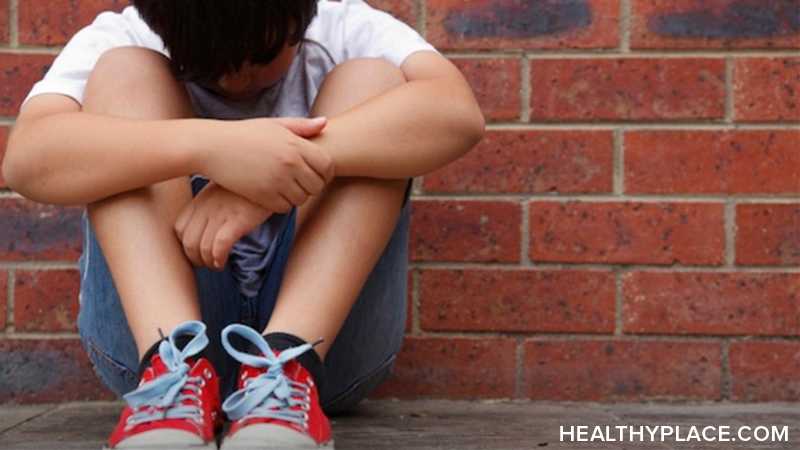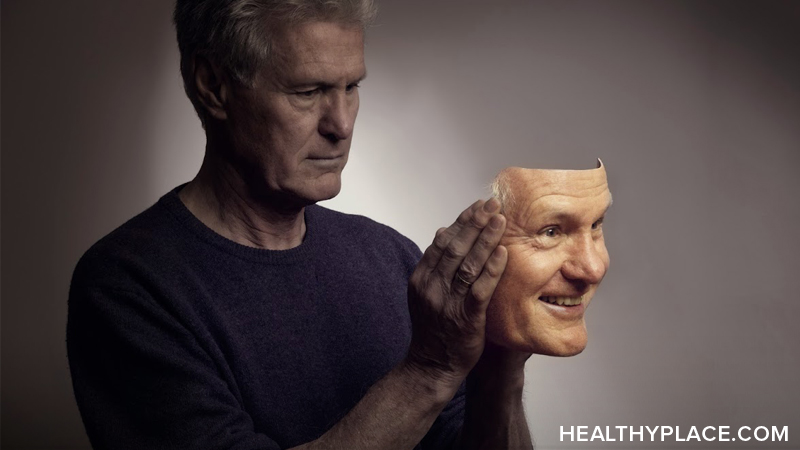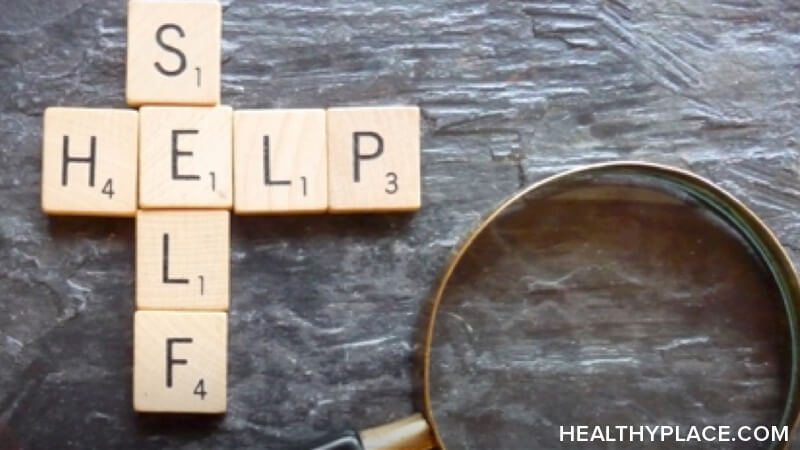What Is Paranoid Personality Disorder?

People with paranoid personality disorder (PPD) display an observable and long-term pattern of suspicion and distrust of others, but do not have a psychotic disorder, such as schizophrenia. Paranoid personality disorder falls into the Cluster A group of personality disorder types. Cluster A is known as the odd and eccentric cluster.
Paranoid Personality Disorder and Paranoia
People with paranoid personality disorder (read about famous people with PPD) always assume that others are out to manipulate, harm, exploit, or deceive them – even when no evidence exists that supports the assumption. It's normal to experience some level of paranoia in certain situations in life (i.e. worrying about strangers when walking on a poorly lit road at night), but individuals with PPD take it to the extreme and feel suspicious of people in virtually all situations in their personal and professional lives.
What PPD Looks and Feels Like
When you have PPD, you have trouble getting along with others and significant difficulty maintaining close relationships. Your inappropriate and excessive hostility and suspicious attitude may manifest in recurrent arguments, hostile indifference, or social detachment.
Since you're always on the lookout for potential threats, you will behave in a secretive way that could appear devious. Others may begin to see you as cold and unfeeling. You have a deep need for self-sufficiency and feel you must exert a high level of control over others. Your combative and suspicious attitude will likely eventually cause others to respond with hostility to you as well. This only serves to reinforce your imagined suspicions and distrust.
Paranoid personality disorder causes sufferers to exhibit an enduring pattern of inner thoughts, feelings, and external behaviors that fall well outside societal norms.
Typically, therapists can trace this pervasive and inflexible pattern of behaviors and inner experience back to adolescence or early adulthood. Eventually, PPD leads to considerable distress as it impairs function and success in social and professional settings, but this may not happen until the person reaches his or her 40s or later.
Causes of Paranoid Personality Disorder
Scientists don't have a clear understanding about the exact causes of paranoid personality disorder. According to the National Institute of Mental Health, PPD is more common in families with a history of psychotic disorders like schizophrenia and delusional disorder, indicating a genetic factor. But most experts agree that environment plays a critical role as well.
Paranoid personality disorder is more common in men than in women. While paranoid personality disorder treatment exists in the form of therapy and medications, the prognosis for significant improvement depends on the person's commitment to life-long treatment.
APA Reference
Gluck, S.
(2021, December 17). What Is Paranoid Personality Disorder? , HealthyPlace. Retrieved
on 2025, May 21 from https://www.healthyplace.com/personality-disorders/paranoid-personality-disorder/what-is-paranoid-personality-disorder





 Self-help for low self-esteem can give you the tools you need to overcome your confidence issues. Everyone experiences low self-confidence at some time or another. But for some people, these feelings of inadequacy are persistent and overwhelming. If this describes you, consider taking advantage of the many resources available to help you
Self-help for low self-esteem can give you the tools you need to overcome your confidence issues. Everyone experiences low self-confidence at some time or another. But for some people, these feelings of inadequacy are persistent and overwhelming. If this describes you, consider taking advantage of the many resources available to help you 

